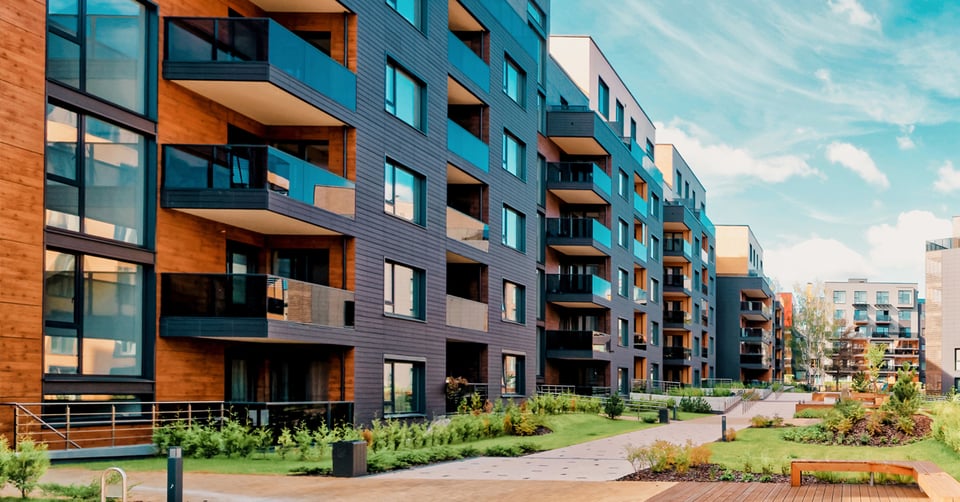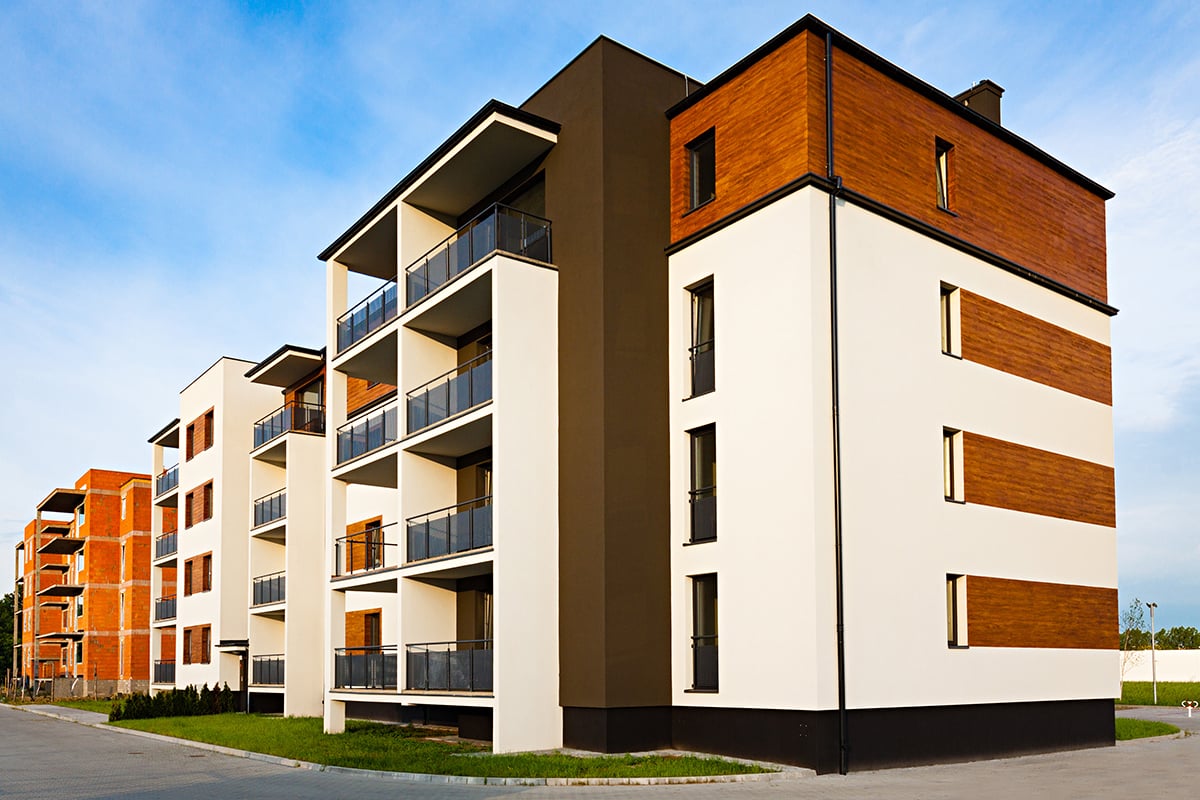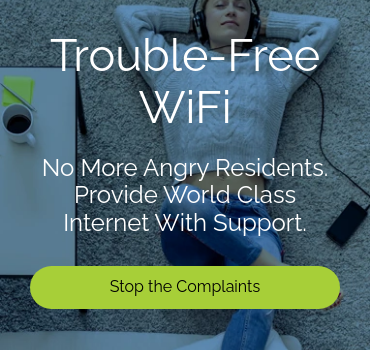FCC improves Competitive Broadband Landscape for Multi-Tenant buildings


FCC improves Competitive Broadband Landscape for Multi-Tenant buildings
The biggest change of our lifetime in multi-family telecommunications, perhaps the multi-tenant space just occurred on February 15, 2022 and it was contained in the Report and Order and Declaratory Ruling, GN Docket No. 17-142.
In the simplest terms:
Exclusive marketing agreements and exclusive revenue share agreements for apartment buildings are now illegal.
Language from the order:
“The rules we adopt thus prohibit providers from (1) executing new graduated or exclusive revenue sharing agreements, and (2) enforcing existing graduated or exclusive revenue sharing agreements on a going forward basis”
This is basically saying that NO new exclusive revenue share agreements may be signed. Providers with existing agreements may not enforce the exclusivity provisions 180 days after the order is published in the Federal Register, which usually happens in a couple weeks. So for existing contracts, enforcement will be prohibited by approximately September 1st, 2022. Graduated or tiered revenue sharing agreements are now prohibited as well along the same timeline.
What does this mean for owners, operators, landlords of multi-tenant apartment buildings?
Revenue share payments from cable providers are going to go away and also they are not restricted from signing bulk agreements with other providers even if they had such an agreement previously that restricted them from signing such a bulk agreement.
At DojoNetworks®, not only can we provide your residents and property with better service via a Managed WiFi network, we can help you replace that lost income and revenue. We never restrict choice, but we do make sure your residents have the very best internet possible.
From the FCC CHAIRWOMAN JESSICA ROSENWORCEL's February 15, 2022 statement:
One in three people in this country live in an apartment, condominium, public housing, mobile home park, or other multi-tenant environment. I know I’ve been among them, having lived in more than a handful of apartments at different points in my life. In too many of these places, broadband choice can be especially hard to find. There’s often only one provider, and that means those who live there can wind up paying higher prices for lower quality service.
That’s especially perverse because multi-family buildings are denser than single-family housing, which should make them less costly to serve. For this reason, the multi-family market should be at the leading edge of competition, but too often, that’s just not the case. One reason why is that there is a complex web of agreements between incumbent service providers and property managers that keep out competitors and undermine choice.
The Federal Communications Commission has long banned internet service providers from entering into sweetheart deals with landlords that guarantee they are the only provider in the building. But the record in this proceeding has made it clear that our existing rules are not doing enough and that we can do more to pry open the door for providers who want to offer competitive service in apartment buildings.

That’s why we take three steps today:
- First, we crack down on revenue sharing agreements that can be used to get around our existing rules banning exclusive access. Specifically, we ban exclusive revenue sharing agreements, where the provider agrees with the building that only it and no other provider can give the building owner a cut of the revenue from the building. We also ban graduated revenue sharing agreements, which increase the percentage of revenue that the broadband provider directs to the landlord as the number of tenants served by the provider go up.
- Second, we require broadband providers to disclose to tenants in plain language if they have an exclusive marketing agreement with the landlord, so tenants know that they may have additional choices for service.
- Finally, we clarify that sale-and-leaseback arrangements violate our existing rules that regulate cable wiring inside buildings. Since the 1990s, we have had rules that allow buildings and tenants to exercise choice about how to use the wiring in the building when they are switching cable providers, but some companies have circumvented these rules by selling the wiring to the building and leasing it back on an exclusive basis. We put an end to that practice today.
These three actions are important steps that will increase competition. I want to thank all of my colleagues for thoughtfully contributing to this effort to improve consumer choice as well as the staff of the agency who worked on this decision.”
Based on the FCC ruling and the Chairwoman’s statement, DojoNetworks® is expecting major changes in the MDU telecom space in 2022-2023. We are here to help you understand your options and help you make the best decisions for your business, your properties and your residents.





